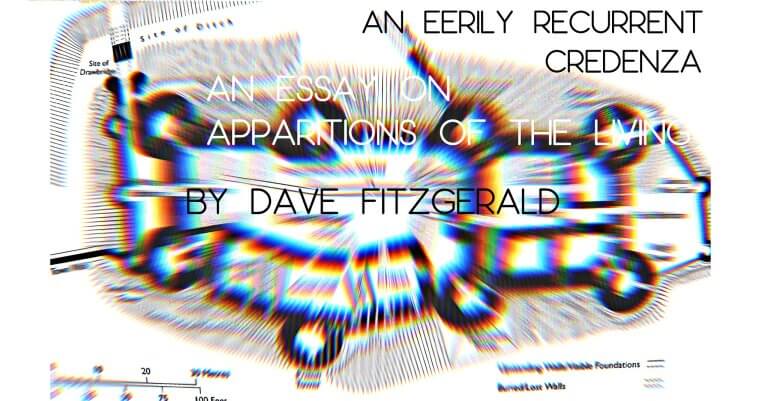
AN EERILY RECURRENT CREDENZA: An Essay on APPARITIONS OF THE LIVING by Dave Fitzgerald
No matter how much paper we push around in this life, or the next, or inside the crumbling filing systems of our own minds, the termites are coming for us all.

No matter how much paper we push around in this life, or the next, or inside the crumbling filing systems of our own minds, the termites are coming for us all.
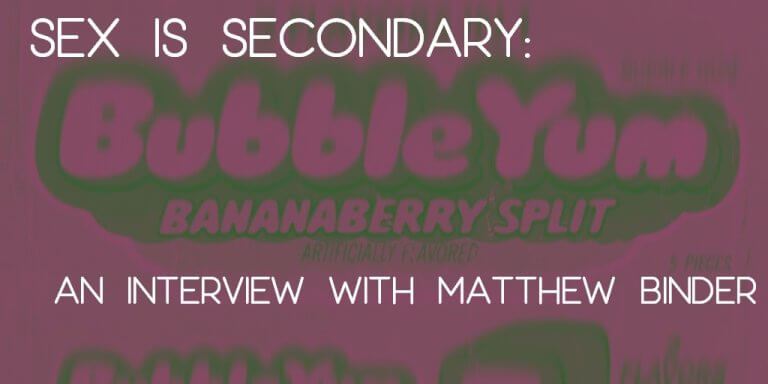
In retrospect, it’s obvious to me that I’m writing about my desire to feel a part of something greater than myself. I know that’s an impossibility, however.
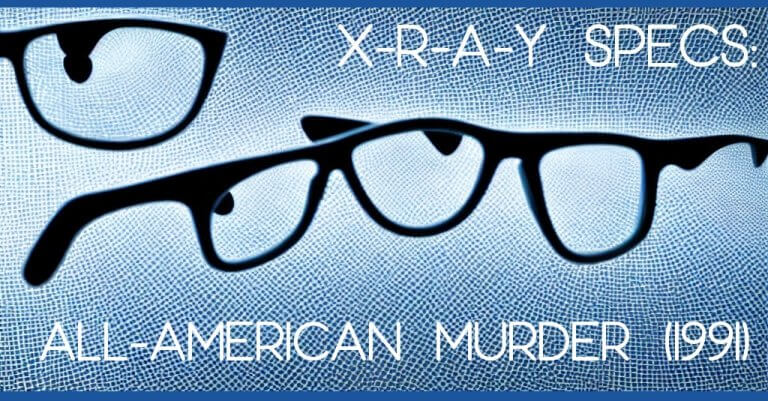
All-American Murder isn’t bad, but it’s almost an extraterrestrial product, a movie made for humans by something that has no relationship to the physical universe.
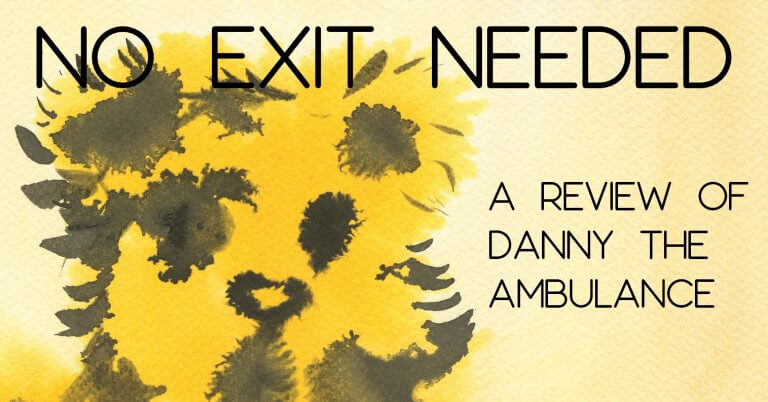
If the Jury Room is supposed to be some kind of hell, we should all be so lucky to wind up in a hell like this.
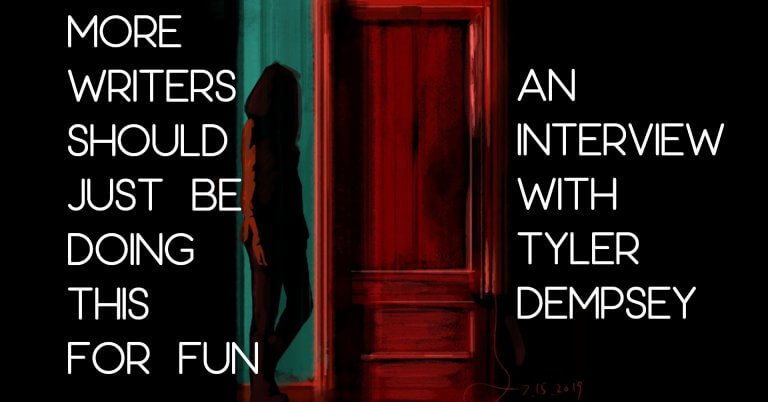
Everyone believes there’s something more out there. And if we were just braver, had more time/money/whatever, we’d Don Quixote it up.
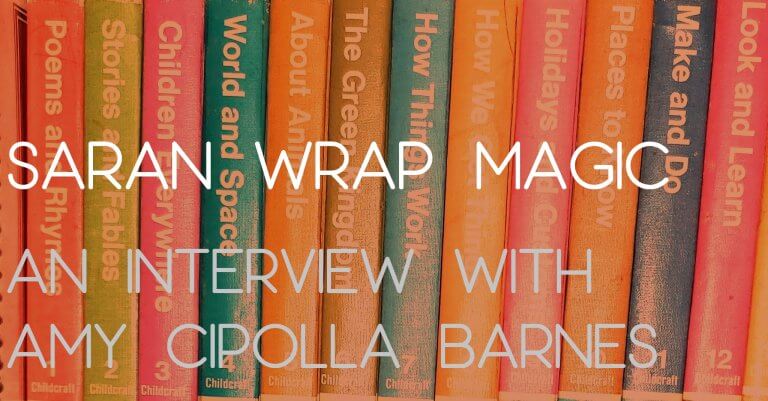
Where neighbors handed warm zucchini bread over fences, a 10-year-old drove me around a farm in a rusty truck, and I most likely met a serial killer.
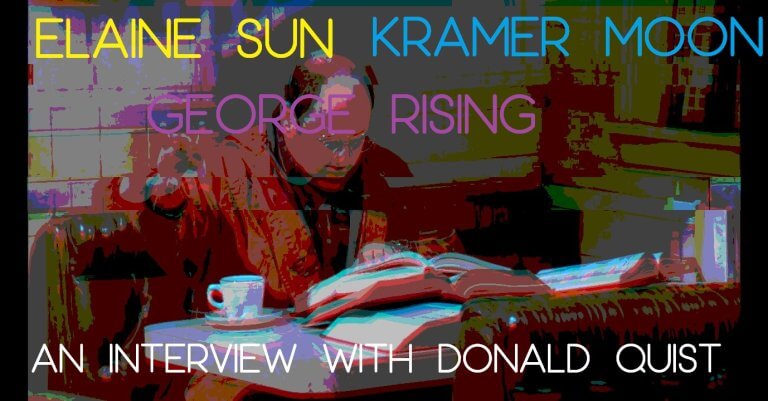
I’m still thinking through and discovering all Seinfeld has, and will, teach me about creative writing, particularly poetic movement, and/or MacGuffins as a narrative technique.
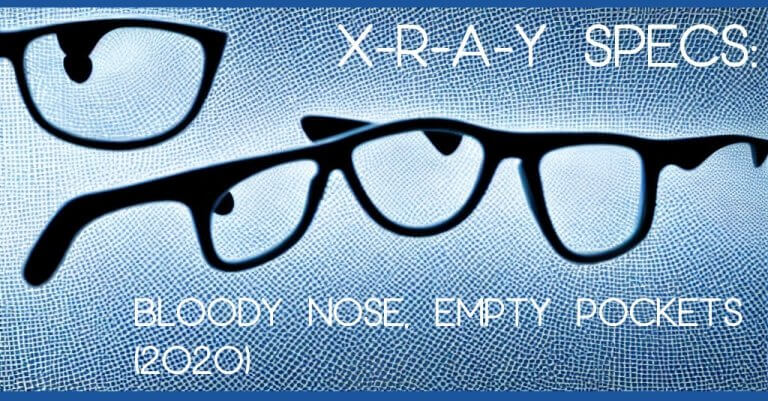
Like Terminators or cockroaches, dive bars will always rise again. They’re one of the last bastions of organic and spontaneous social connection.
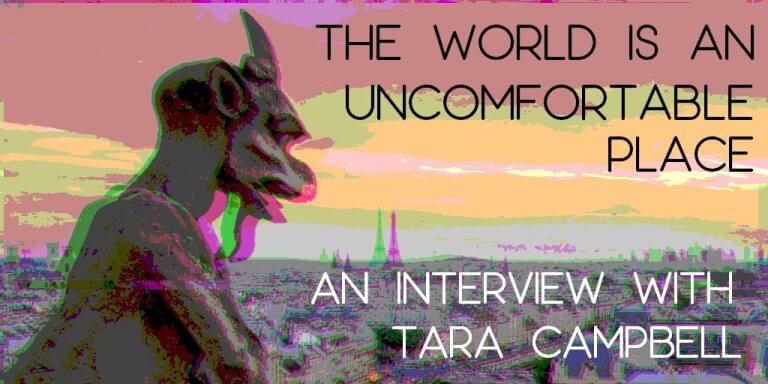
I just kept doing it until I had over three dozen paradoxes saved on my computer. Some of them allowed themselves to be shaped into publishable stories.
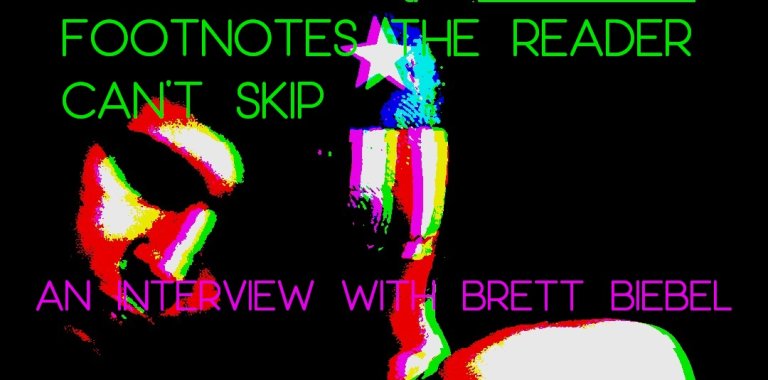
What’s the relationship between reality/life/history and stories? When do stories productively enrich our lives, and when do they overtake them to a troubling degree?
